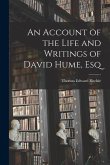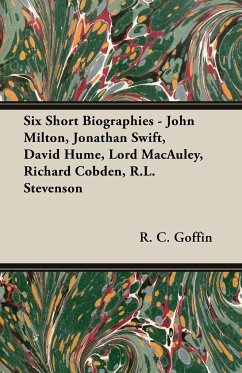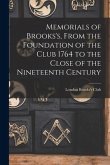If Mme de Riccoboni's novels were widely known to the reading public of the eighteenth century, her best and most original productions were reserved for the privileged few who received her letters. Mme de Riccoboni led a secluded life; she had no enemies and very few close friends. Her opinions tend to be disinterested and objective, unmotivated by spite or personal animosity. Her judgements on literary works, people and events were, however, influenced by three distinctive personal traits: her feminism, her pessimism, which grew stronger with advancing age, and her anglophilia which gradually gave way to a pronounced anglophobia. For today's reader, Mme Riccoboni's letters have a twofold interest - historical and human. On the one hand, they offer a tableau of eighteenth-century life seen from a particular viewpoint; on the other, they record the love of an older woman for a younger man. Although Mme de Riccoboni never intended her letters to be made public, she obviously wanted to please their recipients and took pains to make them interesting. This is especially true of her correspondence with David Hume, David Garrick and Robert Liston, and it is for this reason that they have been gathered into a single volume.








